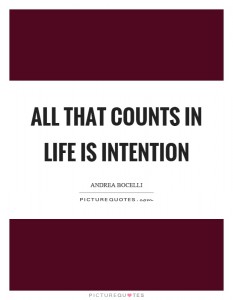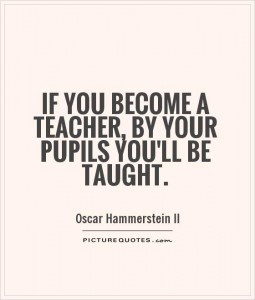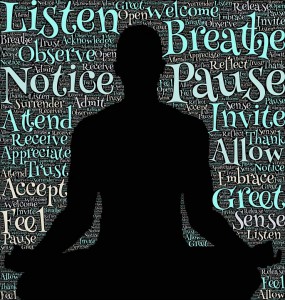When analysing any musical performance, it is easy to focus solely on those elements which are traditionally seen as being the building blocks of music – pitch, rhythm and dynamics for example. Whilst these are no doubt fundamental in the accurate portrayal of any piece, and mastery of them alone may appear to create that ‘perfect’ performance, should these elements be allowed to be the ultimate goal when it comes to a musical performance?
I would argue not. Although I’m not a composer, I’m pretty sure that if you asked the vast majority of them what they would like a performer of their music to ensure that they get right when they perform, it has everything to do with intention and less to do with the actual instructions which have been provided in the score. For it is often those elements which cannot be fully notated – the length of a pause or breath, the exact use of an accented note or the way in which a crescendo is executed for example, which can only ever be controlled by the performer themselves in the moment and which require a thorough understanding of what the piece is really trying to say in order to bring a piece to life.
And because of this, there may be a price to pay when it comes to being ‘note perfect’. If the sole focus remains on the notes alone during a performance, then the real intention of the piece is not given any attention. Of course, the intention of some pieces is to be precise and that is all, and professional performers at the top of their game are quite rightly expected to never get a note wrong. But for those of us who are still striving to progress in our musical abilities, and particularly those who are new to performing itself, I feel that if the intention of the piece is allowed to be the overriding aspect of the performance, then it will be a successful one, despite any misplacement of notes or details which may take place. It will also be a personal one, where performer and perhaps teacher have worked together on what the intention of the piece is, from their own and the composers point of view, and have sought to use the performers current skill level and musical abilities to shape the piece in a way which is possible and suitable.
So the next time that you hear a live performance that you particularly like, try to think to yourself why that is? I can almost guarantee that it will go beyond the basic elements to deliver music which has it’s focus firmly on intention and not just on what it’s composer set down on a page.





